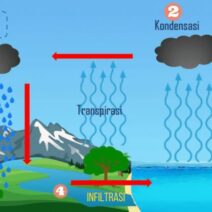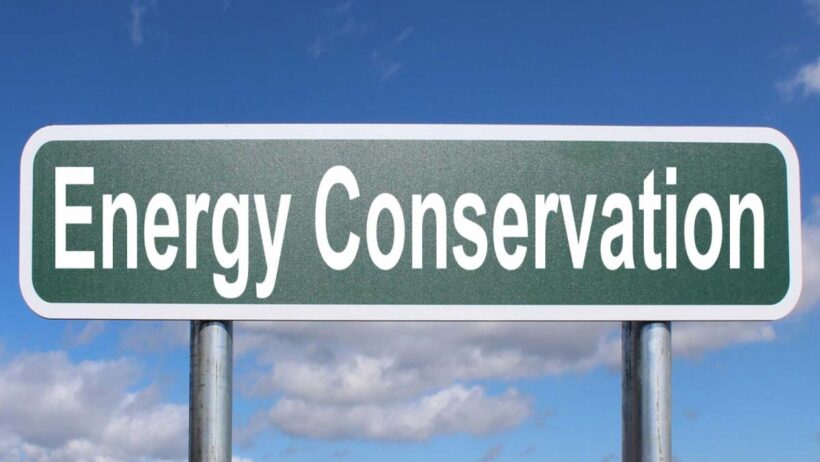In the modern era, where the ramifications of climate change are increasingly palpable, the importance of conserving energy cannot be overstated. Energy conservation acts as a linchpin in the drive to mitigate the environmental catastrophe that threatens our planet. By understanding how conserving energy significantly benefits the environment, individuals and communities can make informed choices that promote sustainability and ecological resilience.
Understanding Energy Conservation
Energy conservation is the deliberate practice of reducing energy consumption through behavioral changes and the implementation of more efficient technologies. It differs from energy efficiency; while efficiency may involve using devices that require less energy to perform the same task, conservation focuses on reducing the overall demand for energy. This strategy not only reduces utility bills but also diminishes the environmental impact associated with energy production.
Reduction of Greenhouse Gas Emissions
One of the most significant environmental benefits of energy conservation is the reduction of greenhouse gas emissions. The burning of fossil fuels for electricity and heating contributes to the accumulation of carbon dioxide and other greenhouse gases in the atmosphere. By conserving energy, the reliance on these fossil fuels diminishes, leading to a noteworthy decrease in emissions.
Consider this: every kilowatt-hour of electricity saved contributes to a proportional decrease in the output of harmful gases. The consequences are far-reaching: as atmospheric carbon levels decline, Earth’s climate can stabilize, mitigating extreme weather events and fostering a more harmonious ecological balance.
Conserving Natural Resources
Energy production frequently necessitates the extraction of natural resources, a process that can devastate ecosystems, diminish biodiversity, and deplete vital resources. The conservation of energy leads to a reduced need for extracting sources such as coal, oil, and natural gas. This, in turn, lessens habitat destruction and preserves ecosystems critical to countless species.
Furthermore, many renewable energy technologies, including solar and wind, rely on raw materials that have their own ecological footprints. When energy demands are lessened, so too is the pressure to exploit these materials, creating a ripple effect that can lead to healthier environments and sustainable resource management.
Enhanced Air Quality
Energy production, particularly from fossil fuel sources, releases a plethora of pollutants into the air, including sulfur dioxide, nitrogen oxides, and particulate matter. These contaminants contribute to respiratory issues, cardiovascular diseases, and other health problems for communities worldwide. By conserving energy, not only does the volume of produced energy diminish, but so do these harmful emissions.
In urban environments, where air quality is often compromised, reduced energy use can lead to significant improvements in public health. Cleaner air translates to fewer hospital visits, lower healthcare costs, and a better quality of life for residents. This holistic perspective underscores the intertwined relationship between energy, health, and the environment.
Water Conservation through Energy Saving
Energy production often necessitates substantial water consumption— from cooling processes in thermoelectric power plants to water extraction for hydroelectric dams. This coupling of energy production and water usage places stress on local water supply systems, particularly in arid regions. By conserving energy, the demand for water in energy generation diminishes, alleviating pressure on freshwater resources.
Moreover, sustainable energy practices, such as utilizing solar panels, demand significantly less water than traditional methods. In this way, energy conservation transcends mere electricity savings, morphing into broader water conservation efforts that are vital in an age of increasing scarcity.
Economic Benefits of Energy Conservation
The economic implications of conserving energy extend beyond the household. Through energy efficiency measures, communities can enjoy decreased energy costs, which can stimulate local economies. When families save on their utility bills, they have more disposable income to allocate elsewhere—promoting local businesses and fueling economic growth.
Additionally, reducing energy consumption can lead to significant savings for municipalities, as less energy demand can reduce the need for expensive infrastructure upgrades. Governments can redirect these savings into public services or sustainability programs, creating a virtuous cycle that benefits everyone.
Improving Energy Security
Another critical aspect of energy conservation relates to national security. Overreliance on imported fossil fuels can create vulnerabilities in a nation’s energy infrastructure, rendering it susceptible to supply disruptions. By emphasizing energy conservation, countries can cultivate greater energy independence through sustainable practices and reduced consumption.
In a world characterized by geopolitical tensions and instability, energy security becomes paramount. A proactive stance on conserving energy cultivates resilience in energy systems, reinforcing national security interests while also addressing environmental challenges.
Creating a Culture of Sustainability
Moreover, energy conservation fosters a culture of sustainability. As individuals and communities commit to reducing energy use, awareness grows around sustainable practices—encouraging eco-friendly behavior changes. This cultural shift can lead to increased advocacy for renewable energy sources, influencing policy and encouraging technological innovation.
The young generation stands as crucial agents of change. As they witness the tangible benefits of energy conservation in their communities, they become empowered to advocate for sustainability, influencing their peers and future leaders.
Conclusion
In summation, the conservation of energy serves as a pivotal mechanism in addressing environmental degradation, promoting public health, and bolstering economic stability. As individuals, communities, and nations adopt energy-saving practices, they contribute to a larger movement aimed at healing our planet. A collective commitment to this endeavor will not only lead to sustainable practices but also inspire future generations to champion a healthier environment. It is imperative to realize that each small action compounds into significant impact—through energy conservation, we hold the power to effect profound change.






